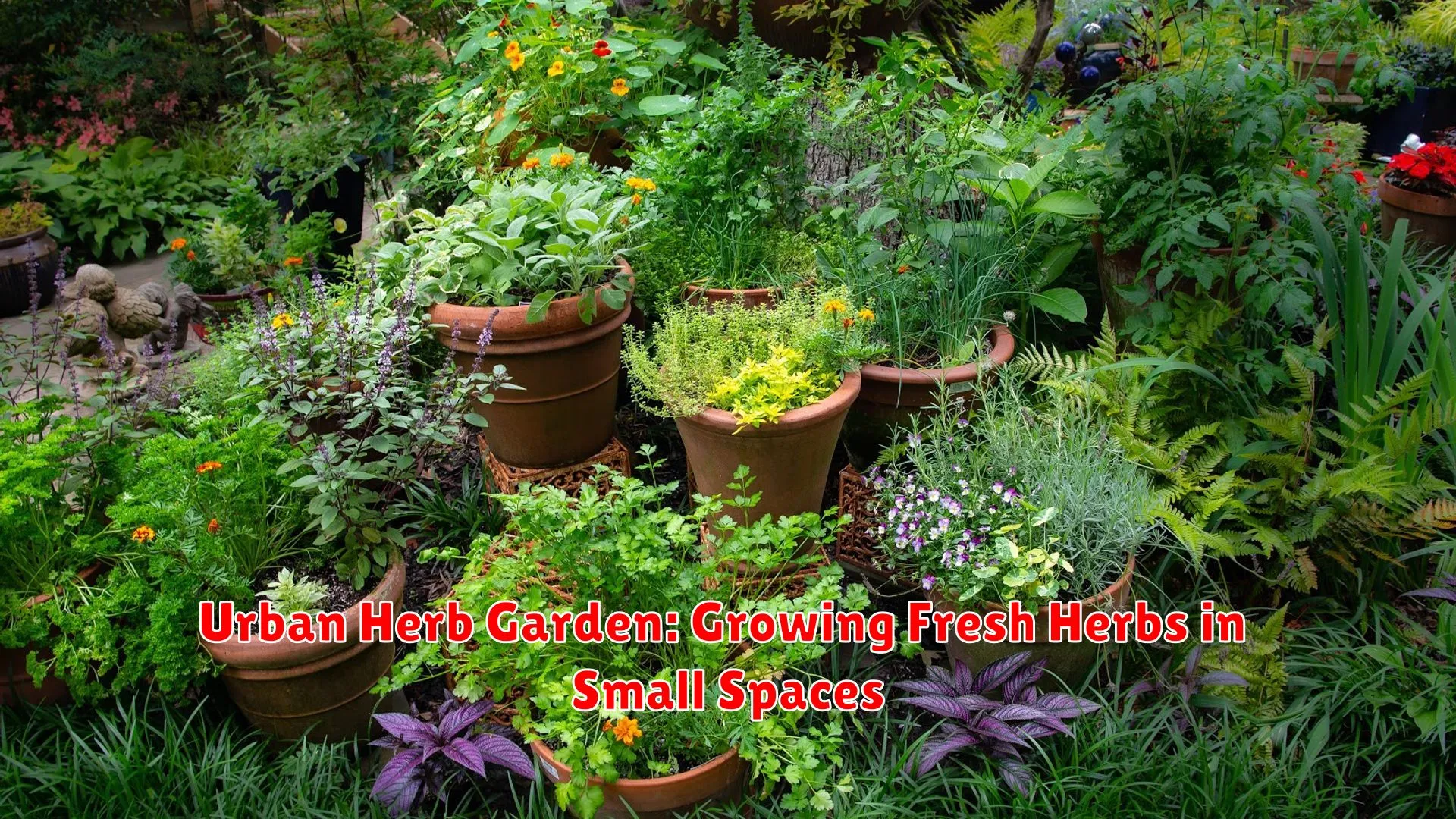Discover the beauty of urban herb gardening and learn how to cultivate fresh herbs in small spaces. From windowsills to balconies, unlock the secrets to growing a thriving herb garden in the heart of the city.
Introduction to Herb Gardening
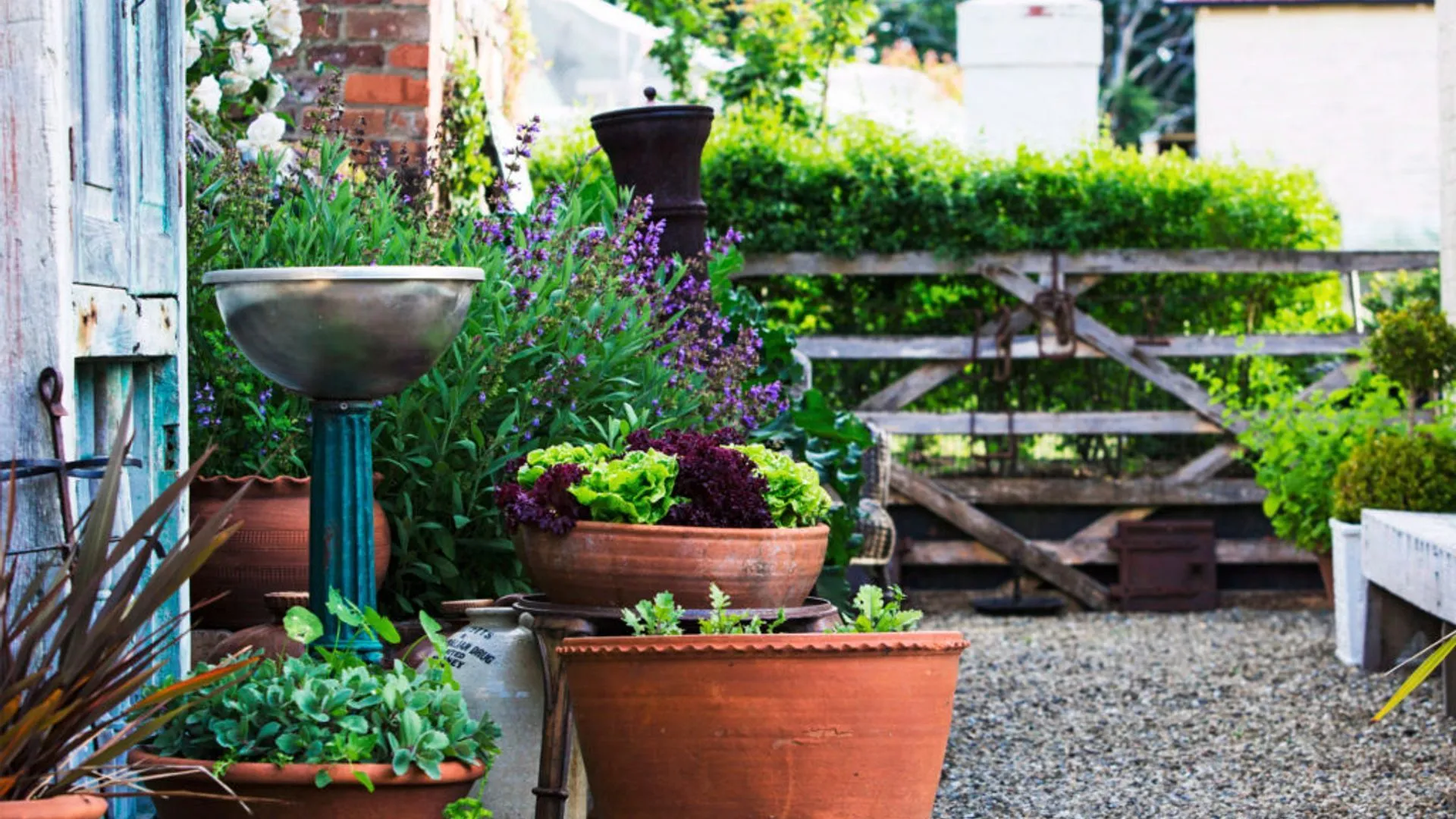
Welcome to the world of herb gardening! Herb gardening is a wonderful way to bring the freshness and flavor of nature right into your home, even in small urban spaces. Whether you have a balcony, rooftop, or windowsill, cultivating herbs is a rewarding and fulfilling experience.
By growing your own herbs, you can easily access a variety of aromatic plants that can enhance your cooking, provide natural remedies, and add beauty to your living space. With a bit of care and attention, you can create your own urban herb garden that thrives and flourishes.
From peppermint to basil, rosemary to thyme, herbs come in a wide range of flavors and fragrances, making them versatile additions to any gardening project. This article on “Urban Herb Garden: Growing Fresh Herbs in Small Spaces” will guide you through the essential steps and tips to successfully cultivate your own mini herb oasis in the city.
Selecting Herbs for Urban Spaces
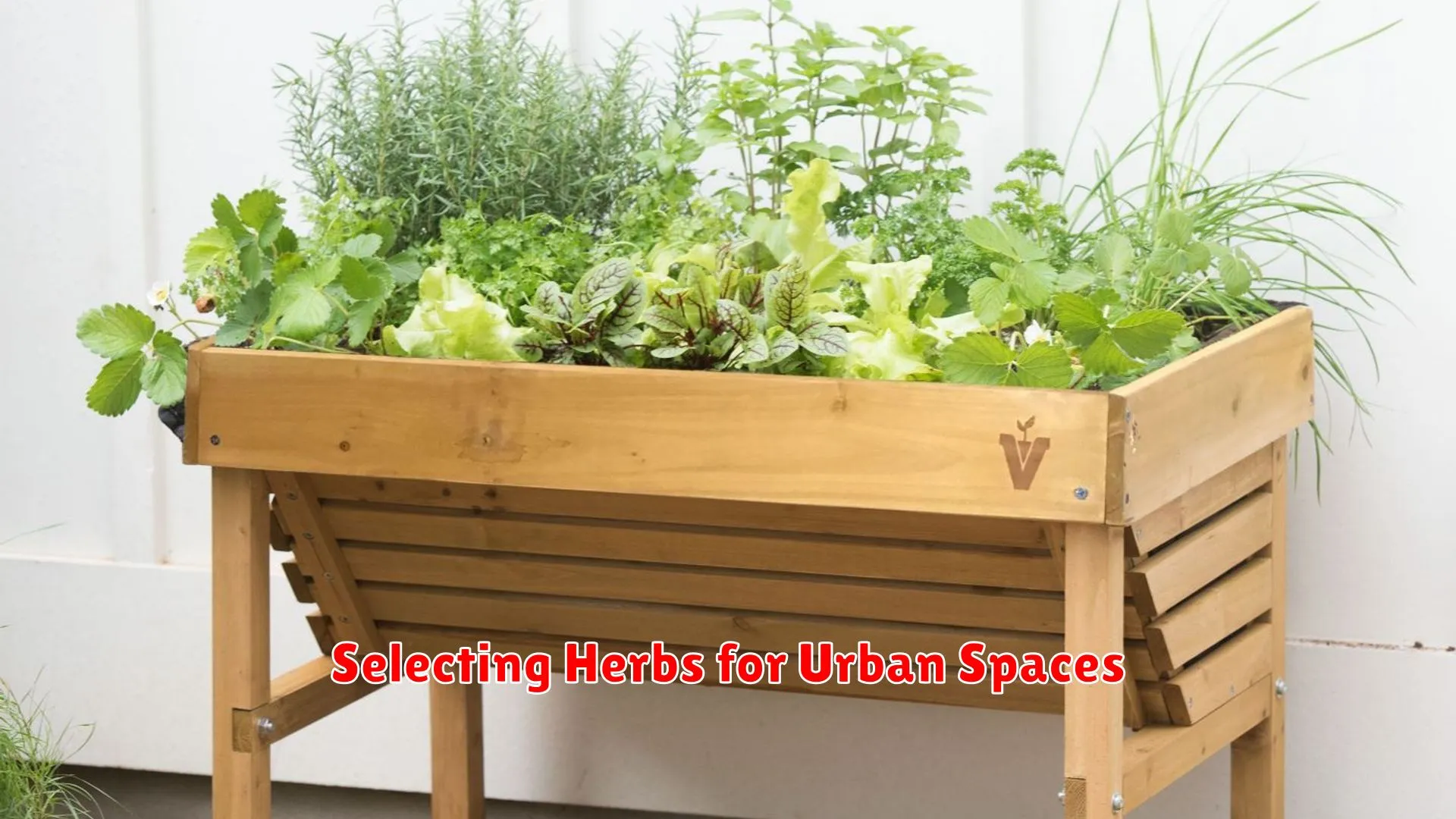
When it comes to creating an urban herb garden in small spaces, choosing the right herbs is crucial for success. Urban spaces often have limited room and sunlight, so selecting the appropriate herbs that can thrive in these conditions is essential.
1. Consider the Growth Requirements: Before selecting herbs for your urban garden, consider their growth requirements, such as sunlight, water, and soil quality. Opt for herbs that can thrive in partial sunlight or indoor conditions if your space lacks direct sunlight.
2. Choose Compact Varieties: Look for compact varieties of herbs that are well-suited for small spaces, such as dwarf basil, compact rosemary, or miniature mint. These varieties are not only space-saving but also tend to grow well in containers.
3. Think About Culinary Uses: Select herbs that you frequently use in your cooking to make the most out of your urban herb garden. Popular culinary herbs like basil, cilantro, parsley, and thyme are versatile options that can enhance the flavor of your dishes.
4. Opt for Multi-Purpose Herbs: Consider choosing herbs that have multiple uses beyond culinary purposes. Herbs like lavender, chamomile, and calendula not only add fragrance and beauty to your garden but can also be used for teas, aromatherapy, or natural remedies.
5. Take into Account Maintenance: Lastly, consider the maintenance requirements of the herbs you choose. Select herbs that are easy to care for and do not require extensive attention, especially in an urban setting where time and resources may be limited.
Utilizing Containers and Vertical Gardens
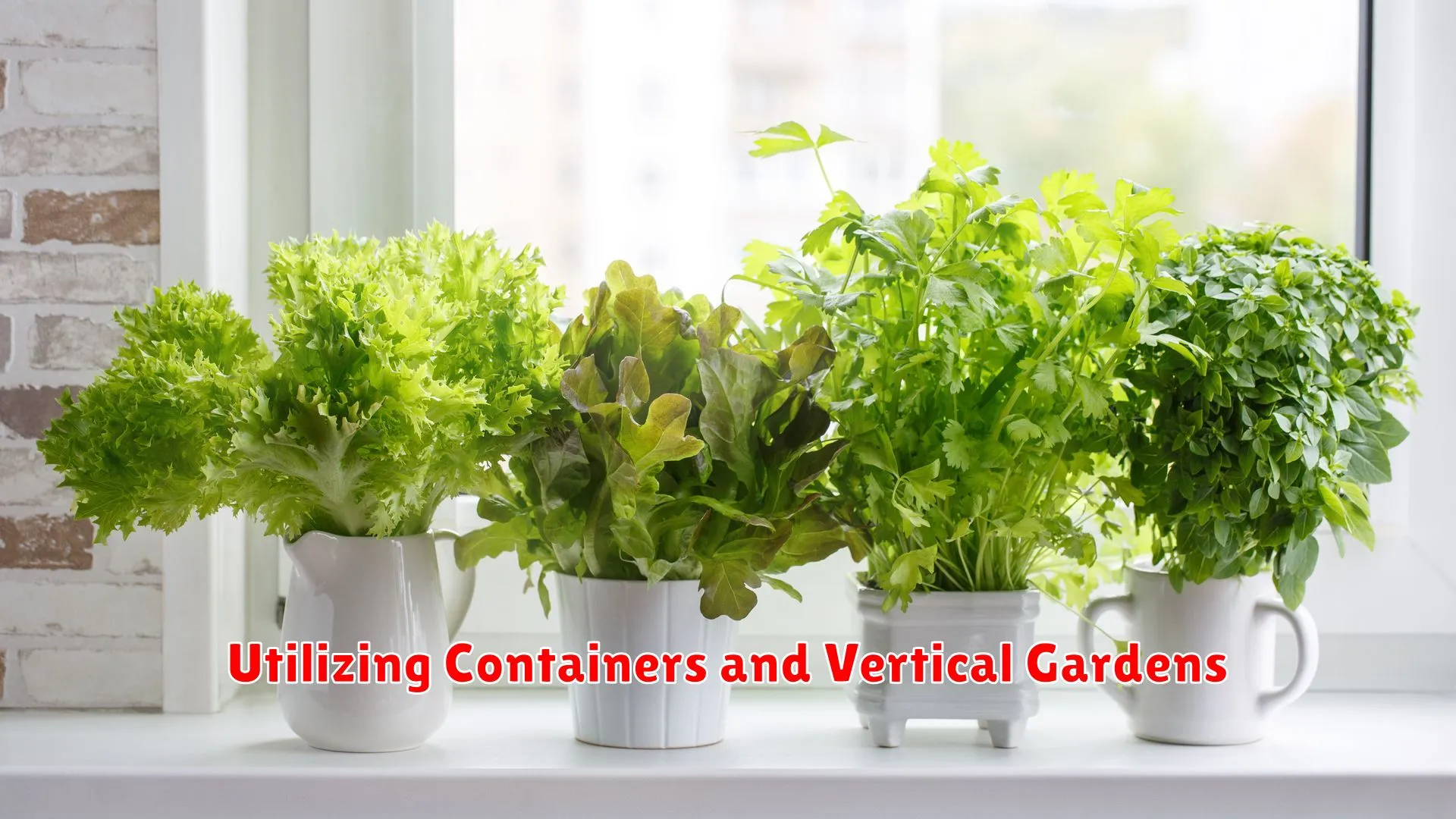
One effective way to grow fresh herbs in small urban spaces is by utilizing containers and vertical gardens. These creative solutions allow urban dwellers to enjoy a variety of herbs even in limited areas.
Containers:
Using containers is a popular method for planting herbs in small spaces. Choose a variety of pots or containers that suit the size and type of herbs you want to grow. Make sure the containers have drainage holes to prevent waterlogging. Place them in areas that receive adequate sunlight.
Vertical Gardens:
Vertical gardens are a space-saving technique that involves growing herbs vertically on walls or structures. You can utilize wall-mounted planters, hanging baskets, or stackable herb gardens to maximize your vertical space. This method not only adds greenery but also serves as a unique decorative element.
Tips for Planting and Caring for Herbs
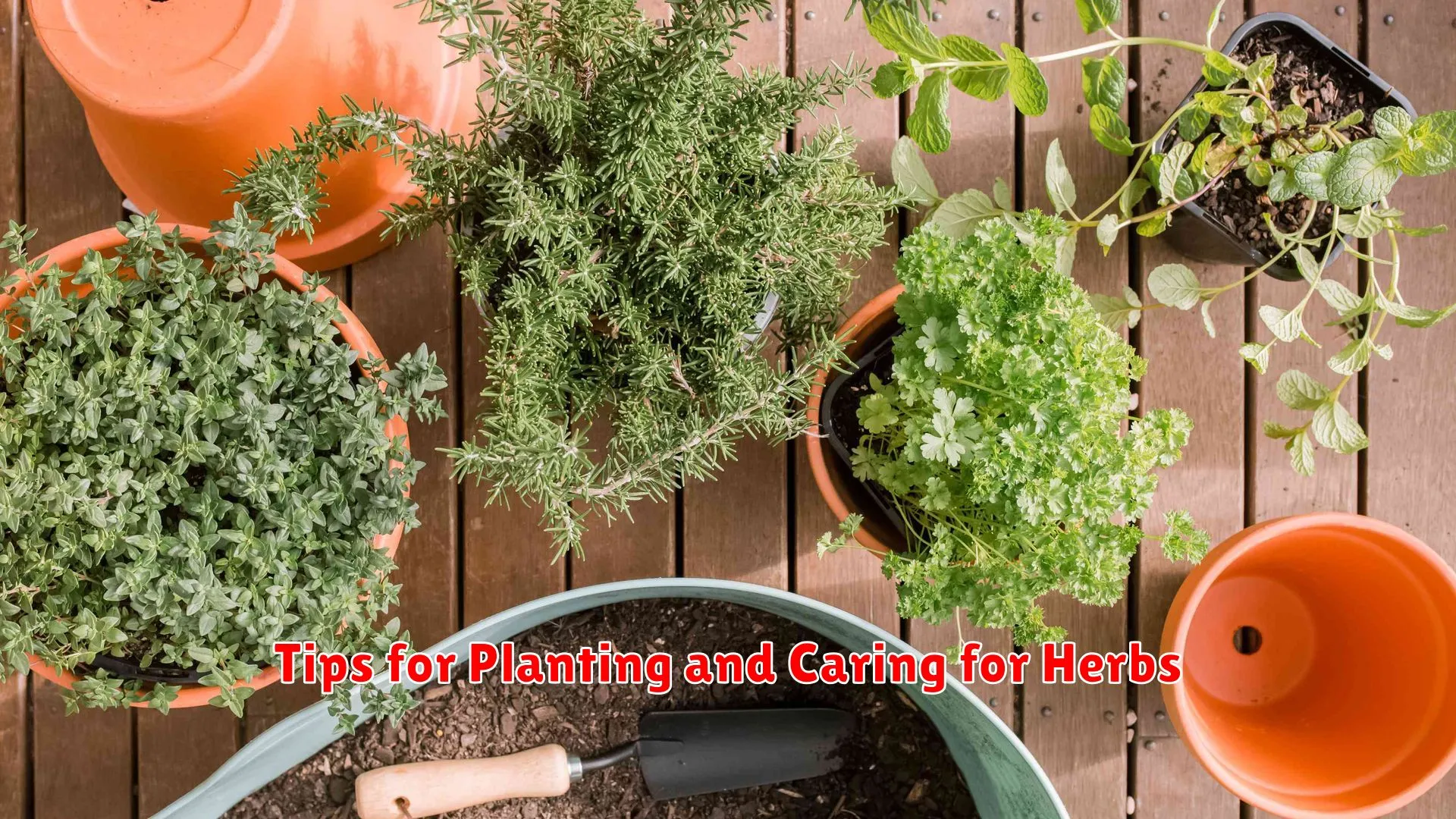
When it comes to growing fresh herbs in small spaces, there are several key tips to keep in mind to ensure a successful urban herb garden. By following these guidelines, you can enjoy a bountiful harvest of flavorful herbs right at your fingertips.
1. Choose the Right Herbs
Start by selecting herbs that thrive in containers and can adapt well to limited space conditions. Popular choices for urban herb gardens include basil, mint, rosemary, parsley, and thyme.
2. Provide Adequate Sunlight
Most herbs require at least 6 hours of sunlight per day to grow well. Ensure your herb garden is located in a spot that receives ample sunlight, such as a balcony, windowsill, or rooftop.
3. Use Quality Soil and Containers
Opt for well-draining soil to prevent waterlogging, and choose containers with good drainage holes to avoid root rot. Consider using self-watering containers for convenience.
4. Water Regularly
Keep the soil moist but not waterlogged by watering your herbs regularly. Check the moisture levels of the soil frequently, especially during hot and dry periods.
5. Prune and Harvest Often
To promote growth and ensure continued production, prune your herbs regularly by removing dead or damaged foliage. Harvest your herbs frequently to encourage new growth.
6. Watch for Pests and Diseases
Monitor your herbs for signs of pest infestations or diseases. If detected, take prompt action using organic pest control methods to protect your herb garden.
7. Enjoy Fresh Herbs All Year Round
By following these tips for planting and caring for herbs in your urban garden, you can enjoy a constant supply of fresh herbs for cooking, teas, and garnishes throughout the year.
Harvesting and Using Fresh Herbs
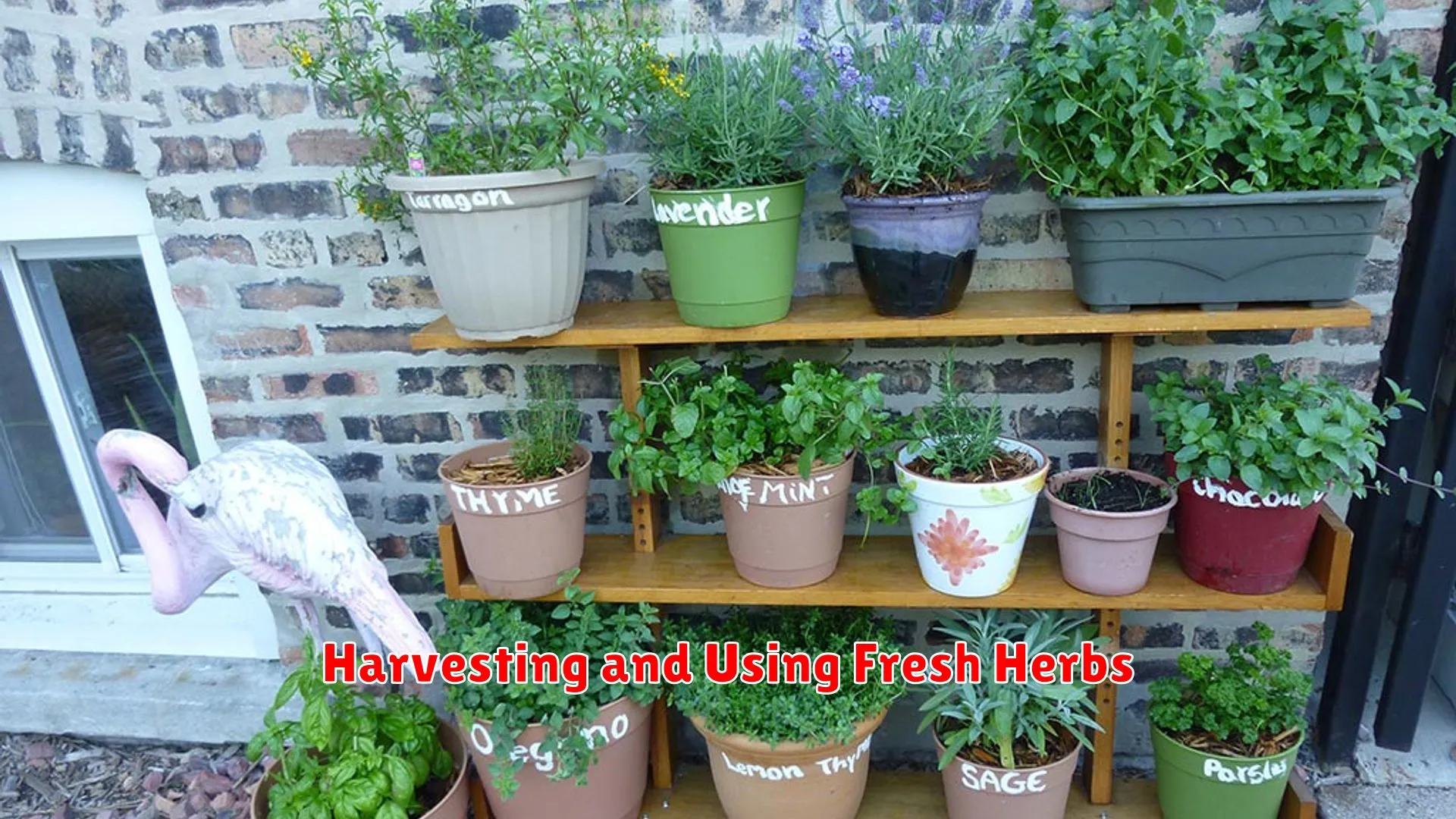
Urban Herb Garden: Growing Fresh Herbs in Small Spaces is not only a rewarding hobby but also a practical way to elevate your culinary creations with fresh flavors. When it comes to harvesting and using fresh herbs from your urban garden, here are some tips to get the most out of your plants:
1. Timing is Key
Harvest your herbs in the morning after the dew has dried but before the sun gets too hot. This is when the plant oils are at their peak, providing the best flavor and aroma.
2. Use Sharp Tools
Sharp scissors or shears are essential for harvesting herbs to make clean cuts, promoting healthy regrowth. Avoid tearing or bruising the plants as it can lead to loss of flavor and potential harm to the plant.
3. Proper Storage
After harvesting, gently wash your herbs and pat them dry. Store them properly by wrapping them in a damp paper towel and placing them in a sealed container in the refrigerator. This helps to maintain their freshness and flavor for a longer period.
4. Creative Uses
Experiment with using your fresh herbs in various dishes such as salads, soups, marinades, and teas. The possibilities are endless, and incorporating freshly harvested herbs can truly elevate the taste and aroma of your meals.
Creating an Aromatic and Edible Garden
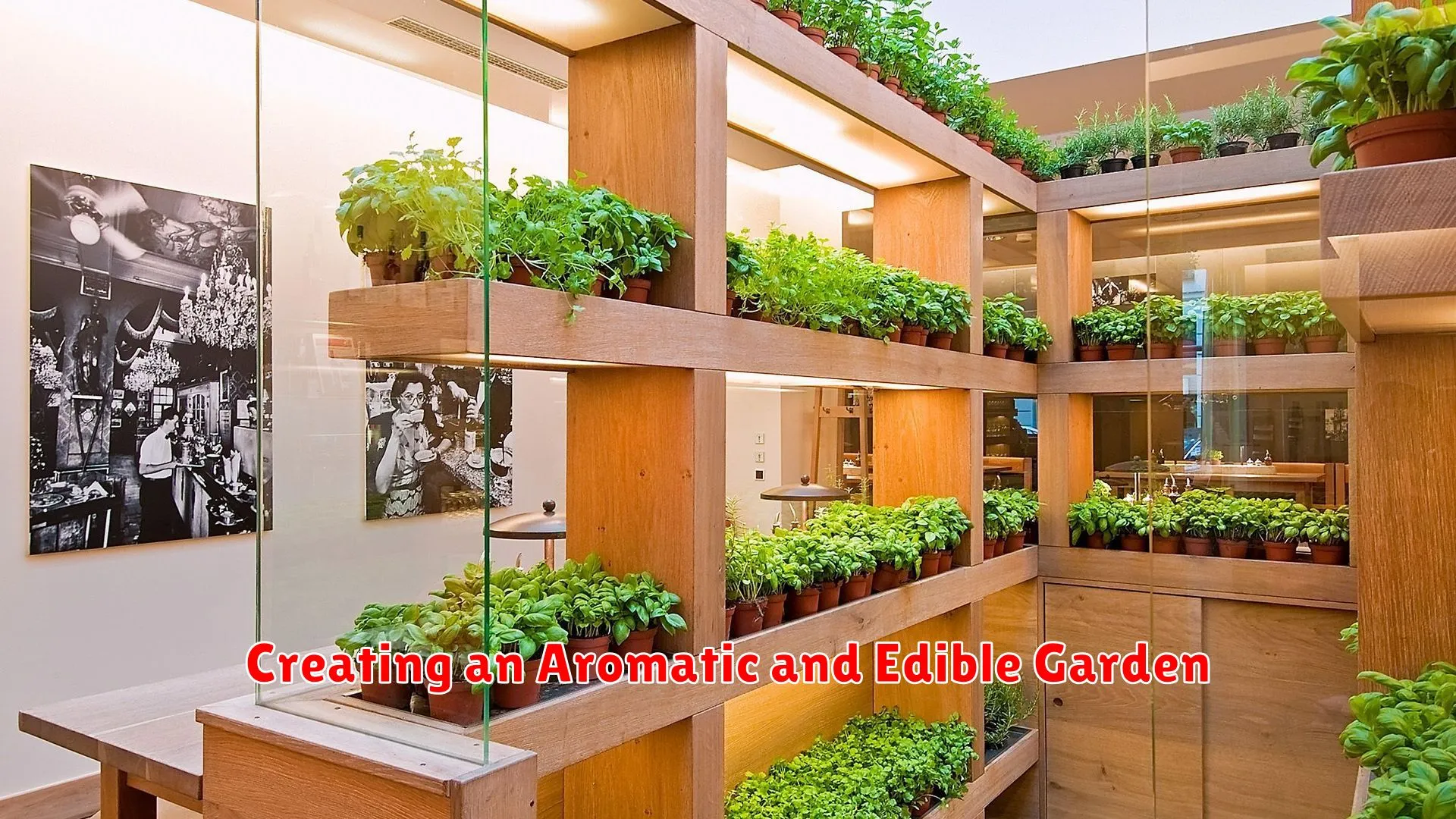
Creating an aromatic and edible garden is a rewarding way to enjoy fresh herbs in your urban space. Whether you have a small balcony, rooftop, or even a windowsill, you can cultivate a variety of herbs that not only add flavor to your dishes but also fill the air with delightful scents.
Selecting the Right Herbs
Choose herbs that thrive in containers and do well in your specific climate. Popular choices for urban herb gardens include basil, mint, rosemary, thyme, and parsley.
Container Gardening
Opt for containers that have drainage holes to prevent waterlogging, and use high-quality potting soil to provide essential nutrients for your herbs. Ensure your containers receive adequate sunlight as most herbs require at least 6-8 hours of sunlight daily.
Watering and Maintenance
Regularly water your herbs, keeping the soil moist but not waterlogged. Prune your herbs regularly to encourage growth and prevent them from becoming leggy. Check for pests and diseases, and take prompt action if needed.
Harvesting Your Herbs
Harvest your herbs frequently to encourage new growth and keep them at their best flavor. Use sharp scissors to cut herbs above a node, which will promote bushier growth.
Conclusion
Urban herb gardens offer a convenient solution for cultivating fresh herbs in limited spaces, providing easy access to enhance culinary dishes and promote wellness.

